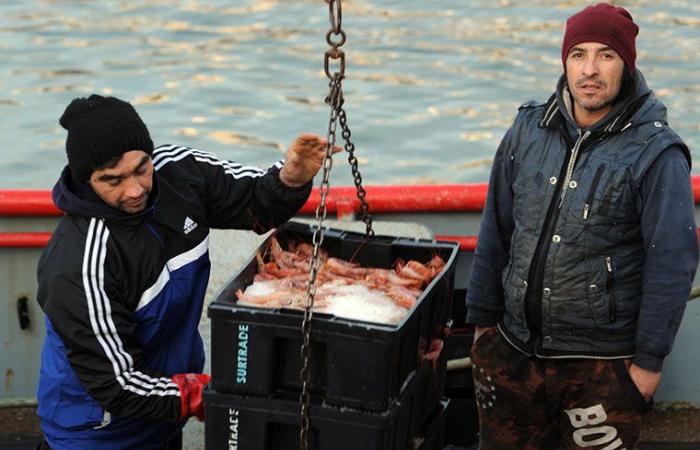The Federal Fisheries Council authorized the allocation of a social quota of 3,500 tons for the current year for the province of Río Negro. The vote was affirmative by a majority with the five representatives of the National Executive Branch plus the representatives of Santa Cruz and the requesting province. The provincial representatives of Buenos Aires and Tierra del Fuego opposed and voted against, while Chubut abstained.
The request made by the Rio Negro government was based on the fishing emergency decreed in that jurisdiction due to the collapse of the fisheries within the San Matías Gulf as a result of its erratic fisheries administration policies. The request was submitted to the previous session of the CFP and without technical consultation with INIDEP, it was put to a vote yesterday and approved.
Conditions and requirements
In the operative section, the Federal Fisheries Council decided to “create for the current shrimp season in waters under national jurisdiction, a social reserve of 3,500 (three thousand five hundred) tons of the shrimp species to be assigned for reasons of maximum social interest to the vessels designated by the Province of Río Negro, through express communication to the Application Authority of Law 24,922.”
The condition is that “unloading must be carried out exclusively in the Ports of San Antonio Oeste and Este,” and it is also required that “the shrimp catches must be processed in land-based plants in that province.”
Meanwhile, the CFP clarified that “it is established that article 10 of the fishery administration measures approved by CFP Resolution No. 7/2018 will not be applied to the allocation of this social reserve, without prejudice to the application of the remaining measures”, and adds that “vessels must have a fishing permit from the jurisdiction in which they will make the catch.”
“Excessive and counterproductive”
According to the minutes of the body, the representation of the province of Buenos Aires based its negative vote by arguing “that a social quota of this type, of this volume and under this instance of declaration of fishing emergency for a province that does not have a own fleet for its capture, with few ships in a position to go out to the shrimp harvest and with few plants in a position to process a resource such as shrimp, is excessive and counterproductive,” he argued when opposing.
“We do not find in the form of this request neither opportunity, nor merit, nor convenience. It even plays to the detriment of the Buenos Aires fishery, affecting the fleets and processing plants with investments already installed,” added the Buenos Aires representative. The province of Tierra del Fuego was also opposed, while the Secretary of Fisheries of Chubut chose to abstain.
Not very transparent
The shrimp sector was surprised by the speed with which this decision was made, without consulting either the Monitoring Commission or INIDEP. It is expected that as the hours go by, different business sectors will comment on the sudden creation of an extraordinary social quota for 3,500 tons to be fished in the current season in national waters.
Another dangerous precedent was the suspected Fund for Allocation for Productive Development (FAFP), created in 2022, through which another 5,000 tons of shrimp were distributed at discretion and in a non-transparent procedure.






